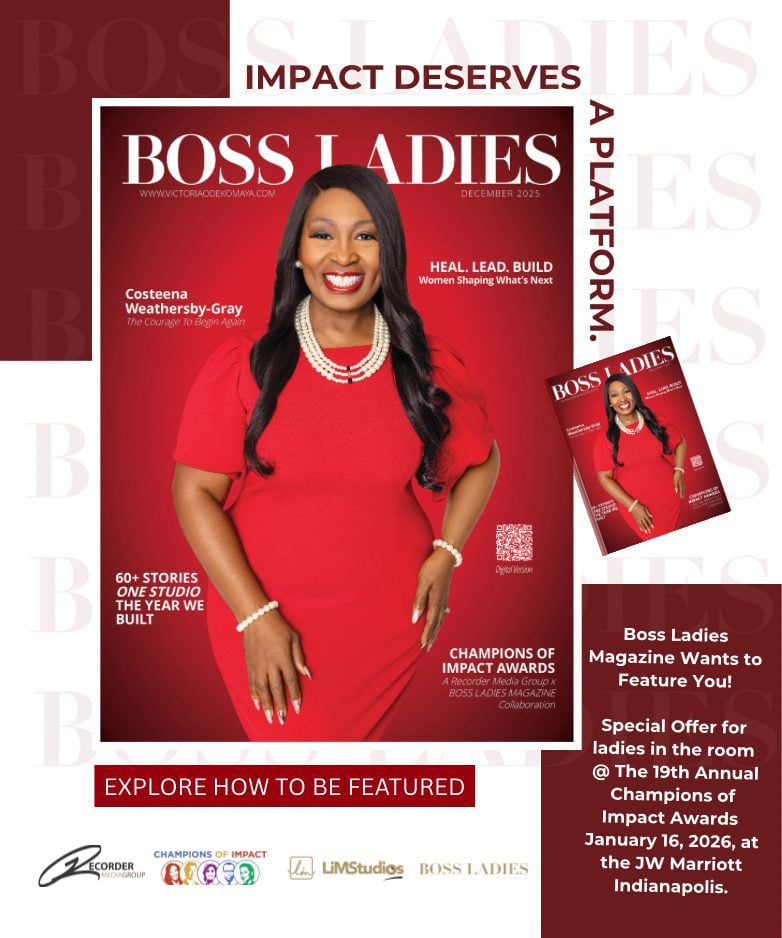Racial reconciliation is one of those buzz phrases that’s supposed to signal a deep, theological understanding of racism and how to defeat its hypocrisy.
Reconciling racism doesn’t jibe with what has actually happened, though. To reconcile something is to restore harmony, but what harmony is there to restore in America’s racist history?
That’s part of what local poet Manon Voice and Irish theologian Pádraig O’Tuama talked about during their public conversation Nov. 15 as part of the Spirit & Place Festival. Watch the event on Spirit & Place’s Facebook page.
Voice, who’s also a writer and spoken word artist, said she’s not interested in having the oppressed go to their oppressor and ask for reconciliation.
“What I am interested in is how can we create spaces where people do their own work and where we all feel responsible for repair?” she said.
Of course, that creates more questions about what that space is supposed to look like. Part of the answer: There are short- and long-term implications for, in this case, white people.
Voice recalled speaking at an anti-racist workshop with white people. She read poems and talked about her thoughts, and it eventually brought some people to tears. They started asking how they could get involved: Was there an organization to donate to or something else they could do? It was an immediate sense of guilt that they wanted to solve right away.
That’s a necessary part of the solution, Voice said, but the impact of racism “hadn’t landed in their bodies.” They eventually needed to go deeper than that.
O’Tuama, who is also a poet, said there should be more room for “public lamentation,” meaning people can express their frustrations openly, especially when grief becomes repetitive through issues such as racism. The lamentation can be painful, loud and look out of control, he said, but it’s necessary.
“It doesn’t solve things,” O’Tuama said. “It just is a public manifestation of the pain that people are living with.”
O’Tuama said it might honestly be a good start when some white people get with their church or community group and make some kind of declaration against racism, even though it’s tempting for people far beyond that point to see it as a hollow gesture. But that’s not where it can end.
“The uncomfortable work is to think who has been most disenfranchised by the project of pain,” he said, and then go to them to figure out what reconciliation might look like.
In an interview before the conversation, Voice said it’s important to first shift a society’s collective consciousness before any kind of reconciliation can begin. She used the example of the police killing of George Floyd, which was one of the major acts of police violence that led to racial justice protests across the country.
“I think suffering levels us,” she said, “and it is something that grounds us as human beings.”
There will always be outliers who refuse to take part in that collective shift, Voice said, but she believes there is such a thing as a critical mass, where society can still move forward once enough people have had that reckoning.
Contact staff writer Tyler Fenwick at 317-762-7853. Follow him on Twitter @Ty_Fenwick.



